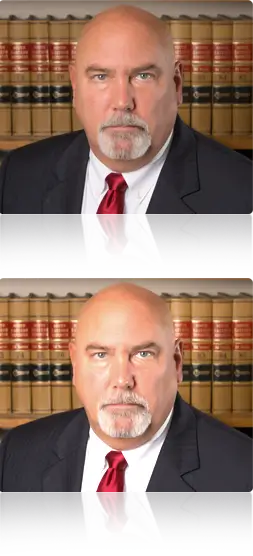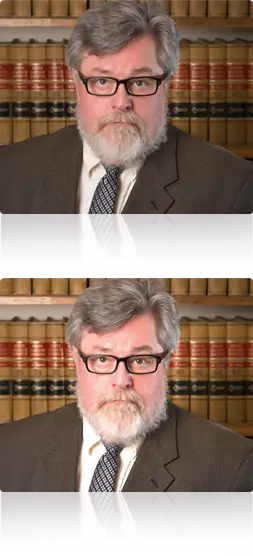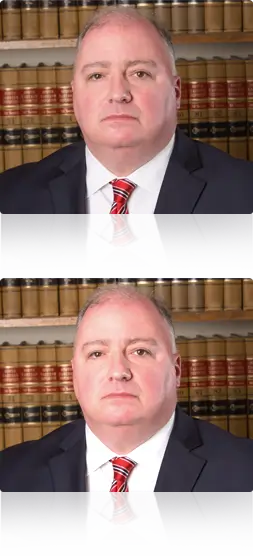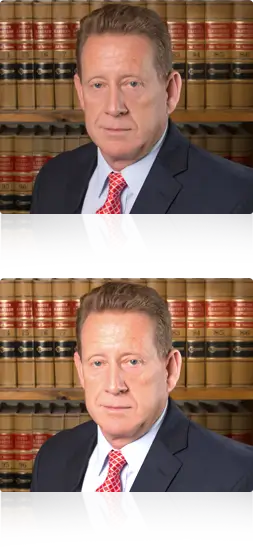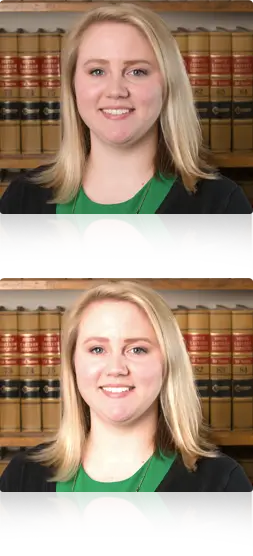Suing Your Landlord for Premises Liability in WV

A premises liability claim holds a property owner, such as a landlord, responsible for an individual’s personal injury if they sustained that injury on the landowner’s property.
A landlord is expected to put forward a reasonable degree of effort in maintaining and keeping their property safe. Occupants of the property are entitled to an environment that is free of any hidden hazards. When a landlord fails to maintain the safety of the property, they are creating an environment where dangerous conditions exist. These dangerous conditions can subsequently lead to personal injuries.
Examples of Dangerous Conditions
Dangerous conditions can include everything from hazards with the property itself (broken floorboards, exposed electrical wiring) or hazards that exist on the property (an aggressive dog that can cause harm). Common dangerous conditions that may result in a legal claim will often include the following:
- A slippery floor
- Loose handrails
- Toxic lead paint
- Other undetected toxins
- Broken locks and fixtures
- A lack of security
- Dimly lit or dark passageways
- Vicious animals
If dangerous conditions exist, landlords have the duty to correct these dangerous conditions once they are made aware of them or should otherwise know they exist.
Landlords and Premises Liability Claims
Under West Virginia law, landlords have a duty to keep their property free and clear of hazards that can cause injury. Legal claims can arise when there is negligence in preventing or repairing a dangerous condition that leads to injury.
When courts decide premises liability cases, a determining factor is whether the landlord’s actions to remedy a dangerous condition were reasonable. The “legal status” of the individual injured is also considered.
Tenants, their guests, and anyone else legally on the property is deemed an “invitee.” Invitees are given a greater degree of care on injury claims than a trespasser or someone who is illegally on the property.
When it comes to collecting damages, invitees will typically be able to recover damages whereas a trespasser may not. This is typically the case in events where the landlord’s actions to secure the premises fall below the legal standard.
West Virginia’s Open and Obvious Hazards Doctrine
In West Virginia, the open and obvious hazards doctrine is a principle commonly employed when determining whether or not an individual has grounds to bring forward a premises liability claim.
This doctrine stipulates that landlords are not responsible when an invitee on the property is injured by an obvious and reasonably apparent dangerous condition. The rationale is that the open and obvious danger should be warning enough for an individual not to go near or interact with the danger. If they choose to ignore this obvious threat, then the negligence lies with them, not the landlord. The invitee assumes the risk and the negligence.
The open and obvious doctrine sets the bar in terms of recovering damages. If an invitee knowingly encounters a risk but chooses to disregard the risk, they lose out on being able to recover any damages, regardless of how little or how much they are to blame for their injury.
The West Virginia Supreme Court of Appeals abolished the open and obvious doctrine in 2013. However, in 2015, the West Virginia legislator reinstated it.
The law which can be found in West Virginia Code §55-7-27 explains, “(a) A possessor of real property, including an owner, lessee or other lawful occupant, owes no duty of care to protect others against dangers that are open, obvious, reasonably apparent or as well known to the person injured as they are to the owner or occupant, and shall not be held liable for civil damages for any injuries sustained as a result of such dangers.”
Can You Sue Your Landlord for Premise Liability in WV?
If you feel that your landlord was negligent in your personal injury because they failed to correct a dangerous hazard even after being made aware of it, you may have grounds to move forward with a premises liability claim.
If you are able to, it is important to preserve evidence including video or surveillance footage that substantiates your claim. Insurance companies can often go after an individual’s claim asserting that there was wrongdoing on their part that caused the injury. Video footage is the best way to discredit such allegations from landlords and insurance companies. There are many other ways to prove your case as well, and an experienced premises liability attorney can help.
If you feel that your injury is the result of your landlord’s negligence, having a knowledgeable personal injury lawyer can help you recoup the damages that you are entitled to. Connect with the lawyers at Burke, Schultz, Harman & Jenkinson to understand what your legal options are. Call 304-263-0900 or (304) LAWYERS for a free consultation.

